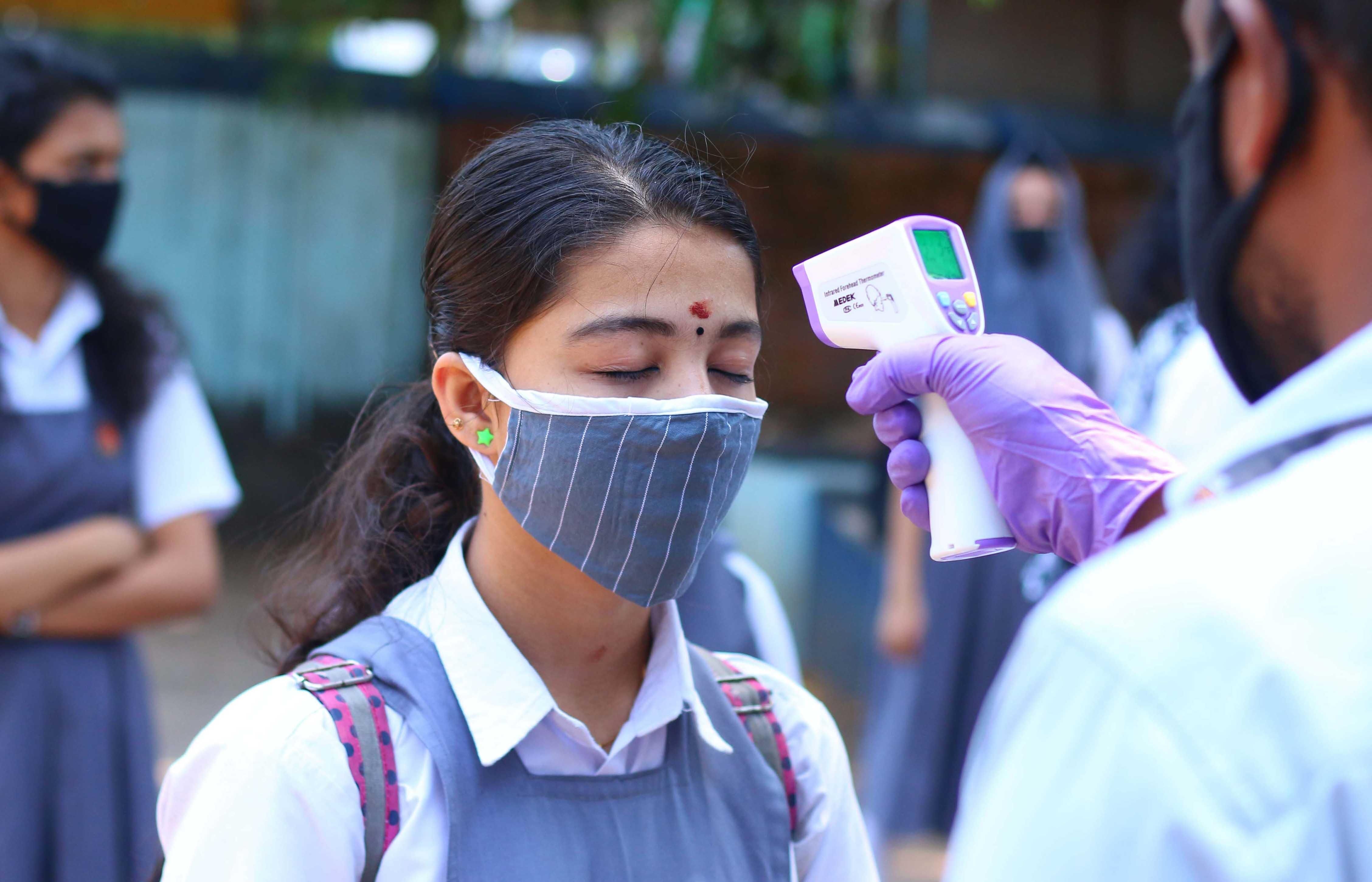Troubled young minds
As schools reopen under the new normal, parents and teachers need to resort to certain measures for easing out mental stress of their kids

The world is going back to normal with an attempt at opening schools in full measure. Our country too is edging towards accepting this change. Initially met with skepticism and resistance, opening of schools is now being debated upon with an open mind.
How did Covid-19 social isolation affect children's mental health?
According to a meta-analysis of 15 studies done by the All-India Institute of Medical Sciences (AIIMS) in 10 countries and involving 22,996 children, nearly 79.4 per cent of children had been affected negatively by the pandemic and the resulting lockdown. Around 22.5 per cent had a significant fear around COVID, 35.2 per cent complained of boredom and 21.3 per cent had experienced sleep disturbances.
Here are the most common mental health issues faced by the children due to isolation and lockdown:
⁕ Erratic lifestyle
⁕ Less outdoor activities
⁕ More time spent on electronic equipment
⁕ Social media dependence
⁕ Loneliness
⁕ Poor sleeping and eating patterns
⁕ Diminished attention and academic performance
⁕ Irritability, interpersonal issues at home
⁕ Depression, anxiety, OCD
⁕ Grief caused due to loss of a loved one due to the pandemic
What was the impact on a parent's mental health?
Parents have unequivocally cited their frustration with the pandemic and lockdowns. Worries about children's academics, future and lifestyle has been a cause of concern for them. Meanwhile, when it comes to sending the children back to school, the issue is met with anxiety and worry for the health of their young ones.
Here are a few suggestions for mental health promotion in school-aged children when transitioning back to school:
The children being back to school in physical spaces stirs up certain concerns like hygiene and infection for the parents. However, we should also factor in the psychosocial stressors which may lead to maladjustment and make children vulnerable to mental health problems. The process of reintegrating children to normalcy in school can bring about the change of making mental health a priority and not an option.
Parents, students and school authorities can better help and ensure transition back to school:
⁕ Follow the guidelines around masking, social distancing, and physical hygiene.
⁕ Screen for mental health issues with regular screening camps, mental health experts. Screening regularly can help prevent worsening of conditions and reduce the stigma.
⁕ Regular conversation around mental health.
⁕ Ensuring peer to peer support through building stronger prosocial support in children.
⁕ Appointing school counselors, psychologists and psychiatrists as a part of the mental health team.
⁕ Destigmatise asking for help regarding mental health through carrying out various interactions.
⁕ Schools can outsource for help, if needed, to various mental health experts.
⁕ Encourage parents to be a part of mental health conversation.
⁕ Teachers can be the best resources to peek into the psyche of the young ones. Train teachers with basic counselling skills.
⁕ Teachers too should receive mental health benefits and help for themselves.
⁕ Mental hygiene: A chapter of making mental health a mandate.
To attend or not to attend physically?
Parents of younger children are facing a dilemma in making this decision. More parents are setting up forums and even figuring out ways to best protect their young ones but, at the same time, want them to experience life normally like they did. It is after all a double-edged sword. The decision is yours. The best way is to discuss with one's partner and family and figure out a middle path.
Send your questions to [email protected]



